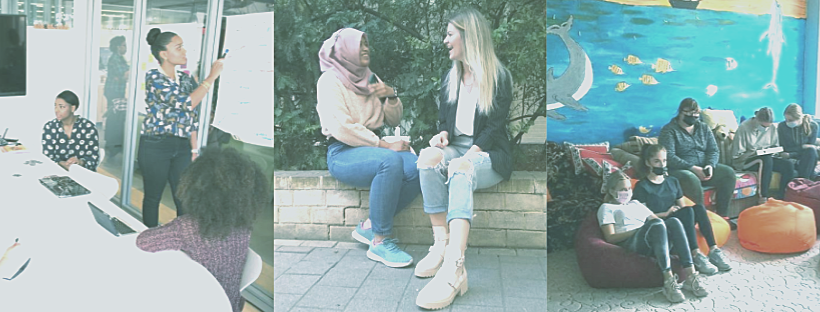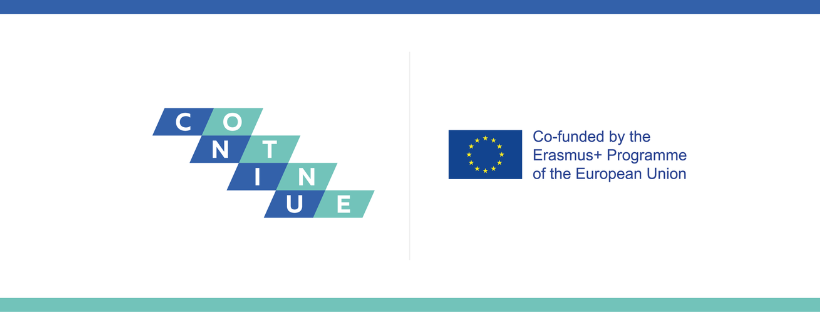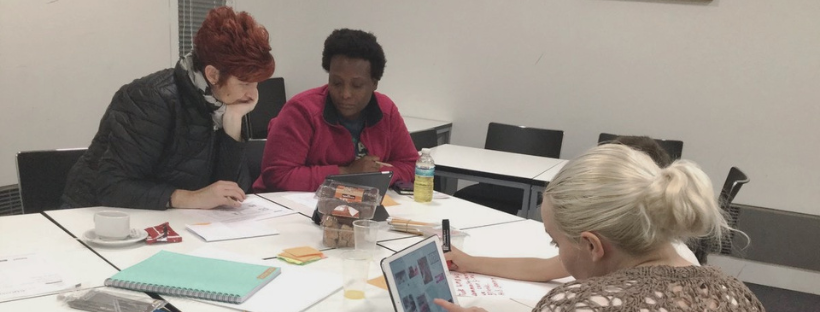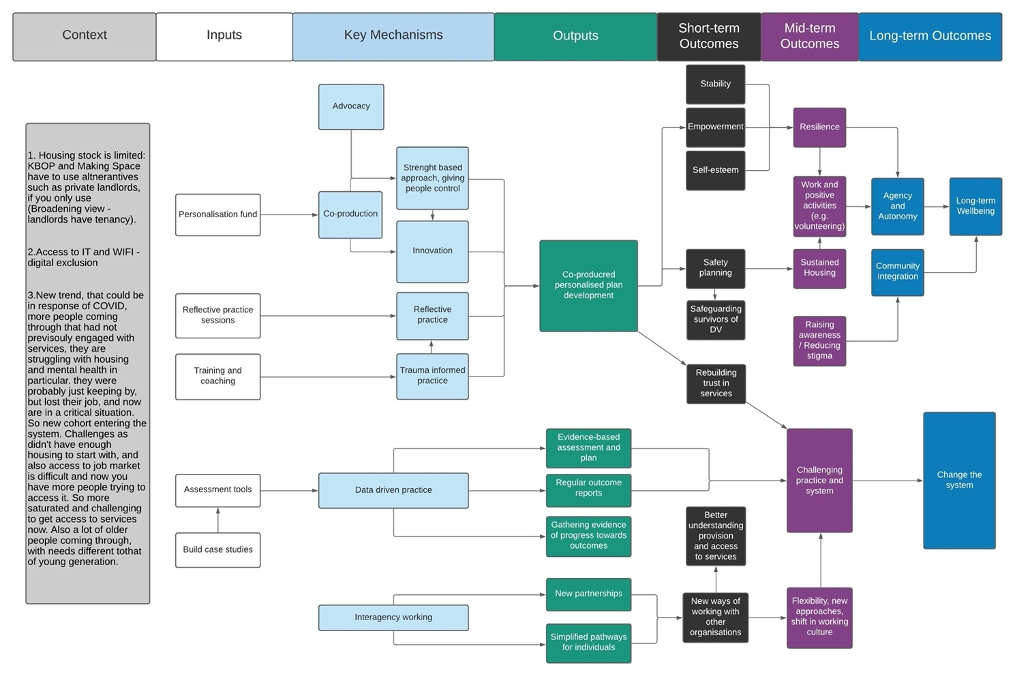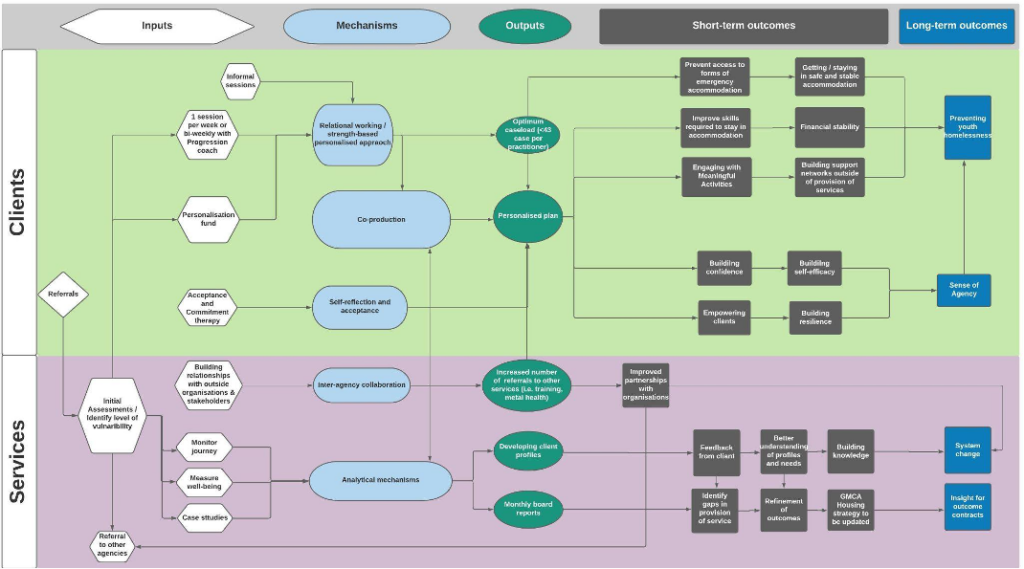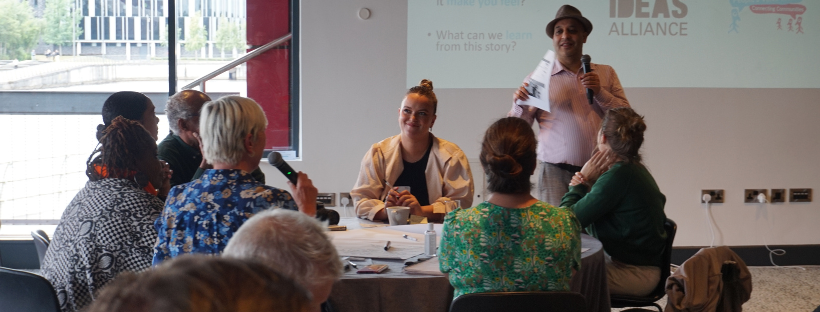CONTINUE PROJECT DRAWS TO A CLOSE
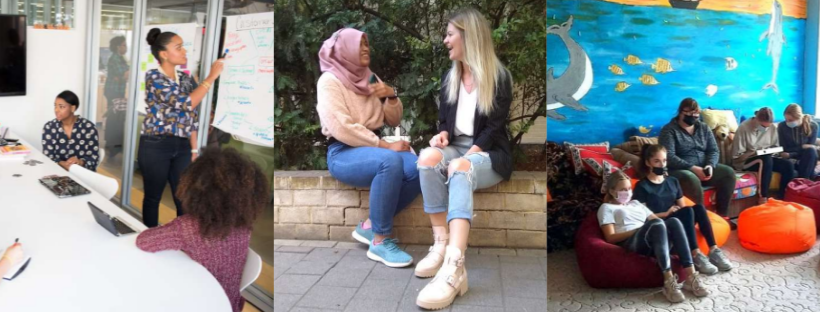
In 2021, People’s Voice Media embarked on the CONTINUE Project, which sought to support young people experiencing social exclusion to tackle the specific challenges of post-COVID times in terms of staying connected and integrated into European communities. The project was delivered by a consortium of 8 NGOs from different European countries, experienced in youth education and community- based activities. The work involved storytelling, social action projects, policy development, knowledge exchanges, an outreach campaign and the creation of an online platform, and was co-funded by the Erasmus+ Programme of the European Union.
The UK strand of the project, which People’s Voice Media has been responsible for, saw us partner with Gorse Hill Studios in Trafford, Greater Manchester, to examine the ways in which their young people had been affected by the pandemic, and co-produce ideas for ways in which they might be supported going forward.
Over the two years, the project saw us gather stories, host Conversation of Change and knowledge exchange events, produce insight reports, and recommendations for policy and practice. We’re proud that these recommendations have been taken forward by Gorse Hill to begin discussions with Trafford Council on ways in which they can work together to support local youth, and we’re proud of the project’s reach across Europe.
We’ll be following up on the lasting impact of the project over the next 12 months and will report in upcoming annual learning reports so watch this space.
